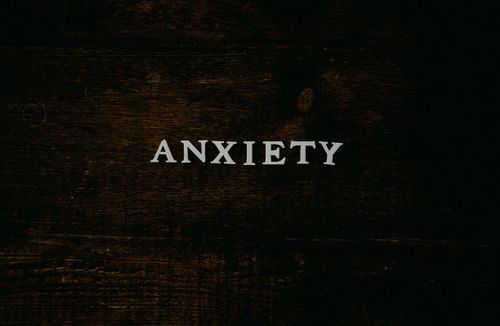Are you suffering from an anxiety disorder?
May 24, 2022 · 2 mins read
0
Share

Anxiety refers to the anticipation of a future concern and is associated with muscle tension and avoidance behaviour. Everyone experiences occasional feelings of anxiety and nervousness. It is a normal stress reaction and can be helpful in some situations.
Save
Share
Fear is an emotional response to an immediate threat and is associated with a fight or flight reaction – either staying to fight or leaving to escape danger. It is part of the threat detection system that animals also have to some degree to protect themselves.
Save
Share
When you feel danger, the amygdala in the brain is activated. It sends signals to the hypothalamus, which in turn produce a stress response in the body. The muscles tense, our heart rate, breathing, and blood pressure increase and the body is on high alert.
Save
Share
But there are mechanisms to reduce this response. The ventromedial prefrontal cortex inhibits these fight or flight reactions with the help of the amygdala and hippocampus. It acts as a feedback mechanism to calm you down when you are out of danger.
Save
Share
With anxiety disorders, the threat detection system and the mechanisms that reduce them function incorrectly. This causes worry about the future and our safety in it. In some people these responses intensify and they experience persistent pervasive anxiety.
Save
Share
There are various types of anxiety disorders:
- Specific Phobia
- Social Anxiety Disorder
- Panic Disorder
- Agoraphobia
- Generalized Anxiety Disorder
- Separation Anxiety Disorder
Save
Share
- Restlessness or tension
- Panic
- An increased heart rate
- Hyperventilation
- Sweating
- Trembling
- Feeling
Save
Share
Treatments: There are two types of treatment - Cognitive Behavioral Therapy (CBT) and medications. Other than that a healthy diet, regular exercise, good sleep, meditation, and mindfulness are recommended.
Save
Share
Causes: They are currently unknown but likely involve a combination of factors including genetic, environmental, psychological and developmental.
Save
Share
Final Note: Anxiety disorders affect nearly 30% of adults at some point in their lives. They are treatable and effective treatments are available. You can also live a normal productive life with the right help.
Save
Share
0